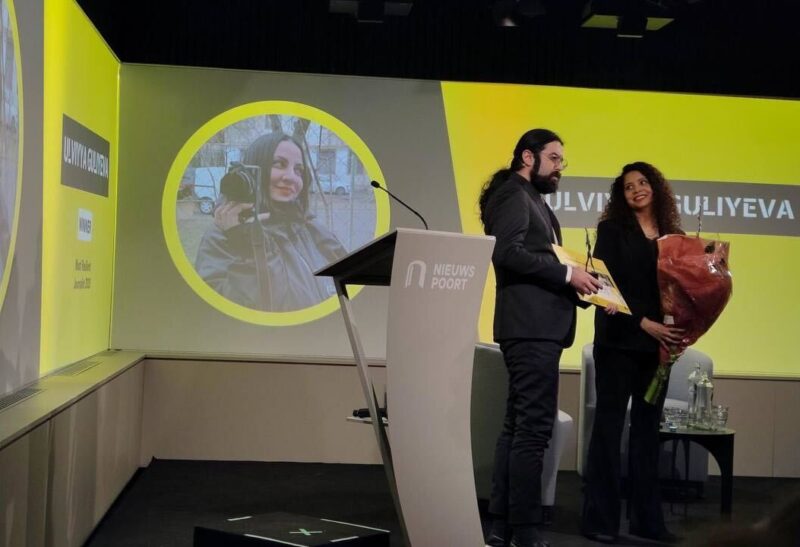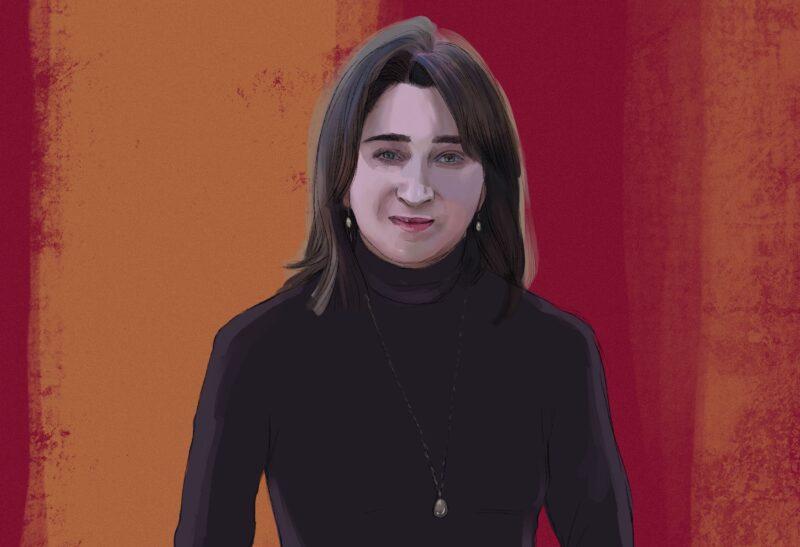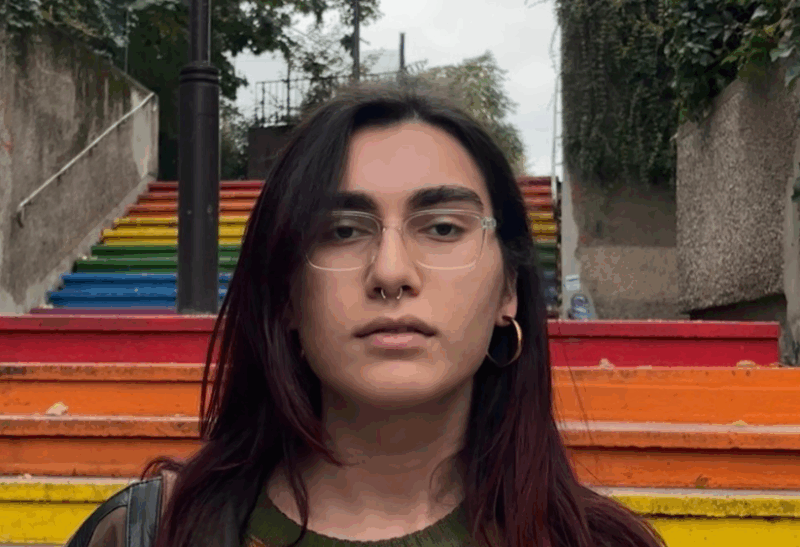Why society in Azerbaijan prefers to lay responsibility on everyone except the state
In early May, a video was circulated in the Azerbaijani segment of social networks, in which a coach severely beats a 7-year-old boy. The child died from his injuries in the hospital.
An incident occurred in the gym of one of the state secondary education schools in the city of Sumgayit during judo training.
The initial investigation showed that 7-year-old Farid Bakarov died from injuries inflicted on him by coach Mehman Khalilov.
The Sumgayit Medical Center, where the child was taken, reported that the child’s condition at the time of admission to the hospital was very serious. He died an hour after hospitalization. An autopsy revealed that the cause of death was an unspecified head injury, an unspecified coma, cardiovascular failure, and respiratory failure.
A video from cameras installed in the gym was published on social networks, capturing the process of training. These frames show that the coach shows aggression towards the child, pulls him by the hair, forces him to stay on his feet, and uses physical violence.
Criticizing the system is dangerous
The spread of footage, which, it would seem, should have stirred up the public, only caused a heated discussion on social networks.
The reaction of social media users to this video was mixed.
In posts and comments, people condemned not only the coach but also the mother of the child. The subject of discussion was that the coach has psychological problems and uses drugs; that the boy’s mother is divorced; that she behaved insincerely, that she did not cry; that, despite the death of her son, she continues to wear long nails. Someone suggested that the mother and the coach were in a personal relationship.
But society did not have any questions about the relevant state structures and officials. No one asked: “And who is responsible for the safety of children in sports halls?”
Sociologist Sanubar Heydarova attributes this to the fact that the authoritarian regime controls people, keeping them in constant fear:
“We are, in fact, in fear, afraid. This fear seems to have been absorbed into our entire society. Criticizing the system is dangerous and scary, so no one wants to ask “uncomfortable” questions. [People] are used to finding a small, harmless scapegoat and criticizing him. And no one asks from the system itself.
Psychologist Vafa Akbar agrees. She says that when people do not find the strength to accept and express the truth, they begin to discuss conjectures.
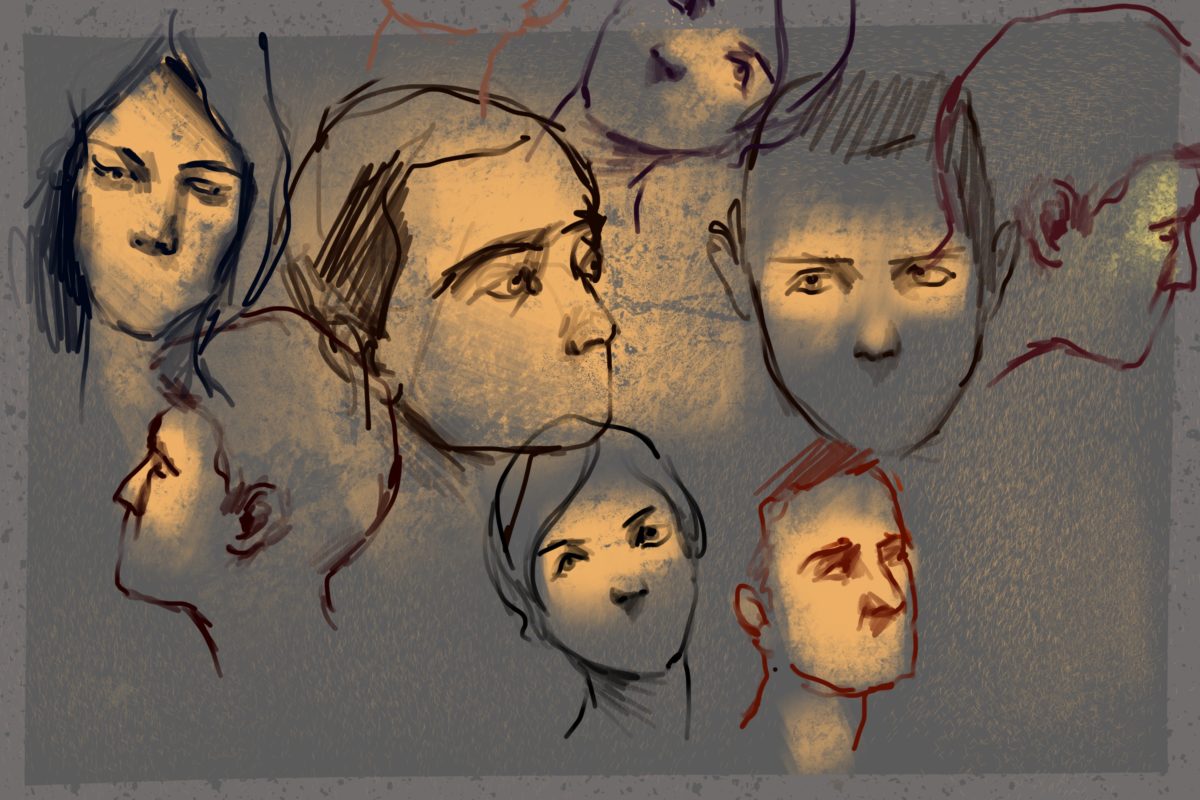
“As long as we ignore the truth, this kind of crime will continue to rise. What lifestyle did the mother of the child lead, what kind of nails does she have, and is she divorced? It has nothing to do with what happened. There is a saying: “He who does not have enough strength for a donkey, beats on the saddle.” That is, people, who want to distance themselves from the truth, to escape from a reality that they cannot accept, prefer to focus their attention on minor details. Because they cannot lay responsibility on responsible persons, they are afraid of them.
“What can society do?”
Meydan TV also surveyed the streets of Baku city, inquiring about their reaction to what happened and asking who they consider responsible for this.
Here are some of the responses we received:
“The organizations that appointed that coach should be responsible for this. They had to check if he had some kind of psychological problem. As for social reaction, what is the point of it, what can society do? Probably, the court will punish him [the coach]. But, of course, we are passive in this regard. Maybe it would be right to protest.”
“It seems to me that all the blame lies with the coach because it is inhumane to use violence against a small child. In my opinion, no federation, and no ministry is to blame here.
“This person is simply not himself, because a normal person who is in his right mind would not behave this way towards anyone, much less a small child. As far as I know, it was at school. I condemn the administration of that school. How could they not notice? How could you not know about it?”
“If I were the head of that gym, then, at a minimum, I would conduct a psychological check of the coaches before hiring. I would ask them for a doctor’s note. In my opinion, the fault lies with everyone, but most of all – with the parent herself. And the fact that society does not ask from the system – so it’s clear why. Nobody wants an extra headache. “
“Society doesn’t demand anything”
The Ministry of Education, the Judo Federation, and the Ministry of Youth and Sports commented on the incident.
The Ministry of Education stated that Farid Bakarov is not a student of that school, and Mehman Khalilov is not its employee. And that before this incident, there were no complaints against the coach.
“I do not believe that this case will cast a shadow on the activities of all coaches, gyms,” Education Minister Emin Amrullaev said in an interview with reporters.
The Judo Federation reported that the training during which the tragedy occurred was officially held in another sport, and in general, Mehman Khalilov is not a judo coach.
Minister of Youth and Sports Farid Gaibov responded to the merits, saying that they are working to introduce a new system for athletes, coaches, and sports judges.
“We are holding meetings with representatives of the federations regarding the licensing of coaches,” Gaibov said.
Going in for sports, training should be under the close attention of state structures, Kamalya Ashumova, executive director of the Public Union of Social Initiatives “Hope for the Future”, said in an interview with the Turan news agency.
“Whether in the field of education or the field of sports, we have repeatedly emphasized that people working with children must pass a test and a psychological interview. Psychological interviews should not be limited to a half-hour initial conversation. The behavior of these people must be studied and diagnosed. Only after that, they can be allowed to contact and communicate with children.
Now anyone can open clubs where children can play sports. Let’s see how much they know about children’s rights. Do they receive special training? No! They simply pass on their sports skills to children and youth; they are focused only on training in their sports field. There is no control over them. There is no official licensing,” Ashumova said.
“We just don’t know about the thousands of other cases of violence”
Sociologist Sanubar Heydarova finds the official statements of government agencies unsatisfactory:
“Not a single structure takes responsibility, no one resigns. Because society does not require it. Under normal circumstances, someone should have realized their responsibility, felt remorse, and resigned. But we don’t have that. “
The sociologist also mentions the experience of other countries, in particular, the United States:
“Recently, in the United States, there was such a case: one student came to school with a firearm and shot several classmates. Whenever something like this happens, we are told well, they say, there, too, children have a bad psychological state, firearms are also available there, and cruel violence also happens there. But let’s see what the Americans did in this case. Firstly, the entire state where this happened rose to its feet, the responsible persons reported, entered direct contact with the families of the victims and did not limit themselves to expressing condolences, as our officials did. Psychotherapy was organized for all the students at that school. And secondly, the school management resigned, an investigation began, and the perpetrators were arrested.
Sanubar Heydarova believes that Farid’s case is neither the first nor the last example of violence against children. As long as society does not ask the system, is afraid, and tries to stay away, this will happen again and again:
“The death of Farid is the most tragic of such cases. And here it is still lucky that there is a recording from the camera. But how many gyms don’t have cameras? They are almost non-existent or very few. And this means that we simply do not know about thousands of other cases of violence.
“They don’t want to take responsibility”
Something similar happened four years ago with Elina Gadzhiyeva.
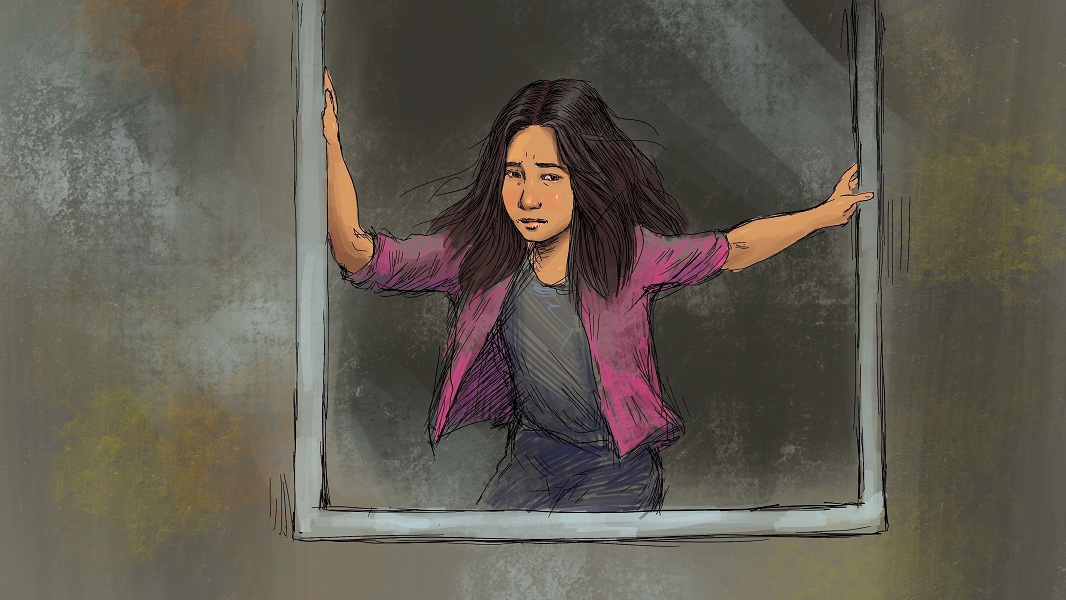
Subject to constant bullying at school, Elina committed suicide. The girl was taken to the hospital, but two days later she died from multiple injuries.
The Ministry of Education released Sevinj Abbasova from her post as director of the school. A week later, the court ruled to place her under house arrest on charges of leaving in danger and negligence, negligently resulting in death.
The deputy director, Elina’s class teacher, and the school psychologist were also fired.
The public was outraged by the fact that immediately after the suicide attempt, the school director questioned Elina, but she called an ambulance only two hours later, and already in the hospital she tried not to let her parents go to the girl.
Elina’s death shocked Azerbaijan. Hundreds of posts with the hashtags #ElinaÜçünSusma (#Don’t Be Silent for Elina) and #BullinqəSon (#No to Bullying) appeared on social networks, and other similar cases were covered.
Local politicians, intellectuals, and representatives of show business also came to the defense of bullying victims.
Elina’s relatives and social activists held a rally under the slogan “Don’t be silent for Elina’s sake!” and “Justice for Elina!”
One of the activists, Rustam Ismailbayli, says that in the case of Elina, the public reaction was much more violent. Civil society closely followed the trial, the media paid a lot of attention to this case:
“We were present at all court hearings, right up to the very last one. Several protests were held in front of the courthouse. But in the case of Farid, I did not observe such a reaction. We just discussed it on social networks and closed the topic. ”
But in the case of Elina, according to Sanubar Heydarova, only the school was responsible for the death of the girl. Meanwhile, there is also the Ministry of Education, which supports the activities of schools:
“Let me give you an elementary example: if we, sociologists, come to some school and say that we want to conduct training on bullying there, the schools refuse, arguing that they are supposedly subordinate to the ministry and cannot make independent decisions. But when something like this happens, the rhetoric changes to the exact opposite. The Ministry of Education states that they say, schools are free in their actions, that the ministry does not interfere in their affairs, and the selection of teachers depends only on the schools themselves. They don’t want to take responsibility. “
“The system itself wants the violence to become commonplace”
By the way, in Azerbaijan, there is a hotline for children and adolescents who are subjected to violence and who need support with the short number 116111. You can call this number from anywhere in the country without a code.
Such children are also assisted by the children’s shelter “Ümid yeri” (“Place of Hope”) and the Public Association for Assistance to Women “Təmiz Dünya” (“Clean World”).
In addition, there is a department for the social rehabilitation of minors left without parental care and in a socially dangerous situation of the Social Services Agency and the Commission for Minors, and the protection of their rights under the executive authorities
Sanubar Heydarova considers violence a political phenomenon. At the same time, she does not believe that society will draw any conclusions from what happened to Farid:
“In 5 years, we will see that this coach is again working with children. We will see 100%. I do not believe that he will receive a well-deserved punishment and be removed from coaching. Because the system itself wants the violence to become something ordinary, and unsurprising, no one demands anything. This is a political move. “
In connection with the incident, the prosecutor’s office of the city of Sumgayit opened a criminal case under article 126.3 of the Criminal Code (deliberate infliction of grievous bodily harm, negligently resulting in the death of the victim). Mehman Khalilov was arrested as a suspect. A measure of restraint in the form of detention for four months was chosen against him.
With the support of “Mediaset”

